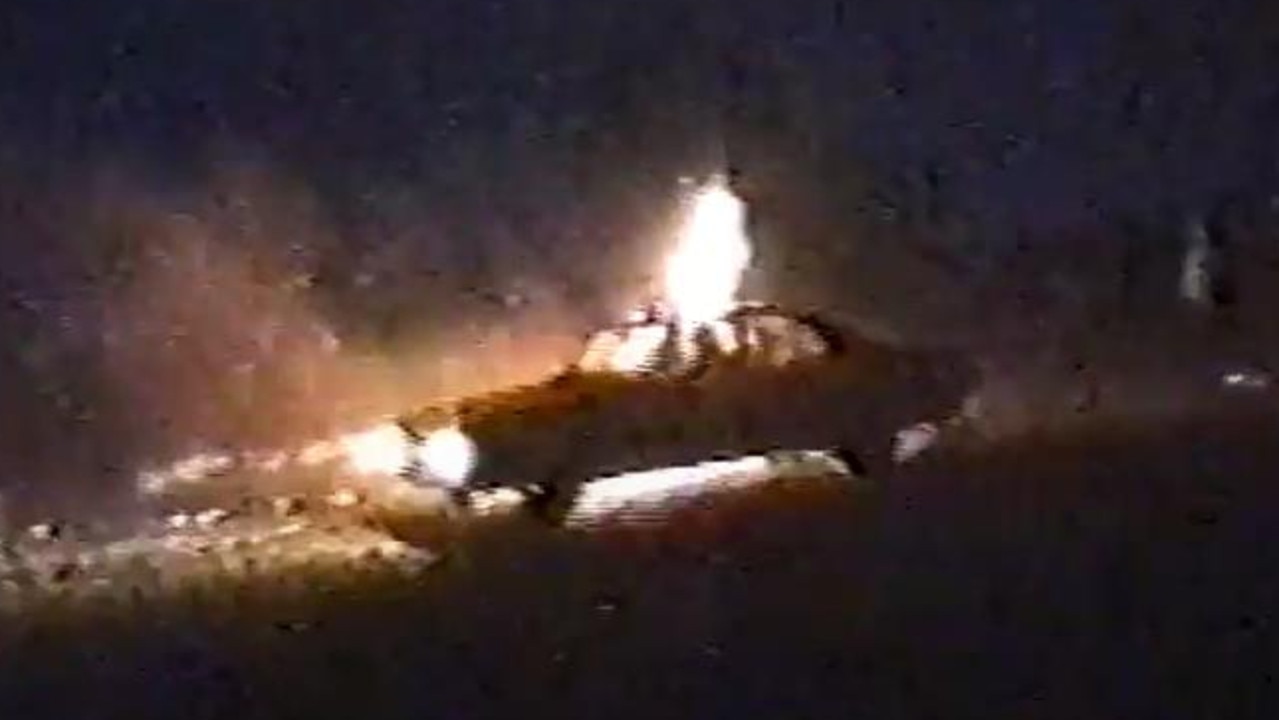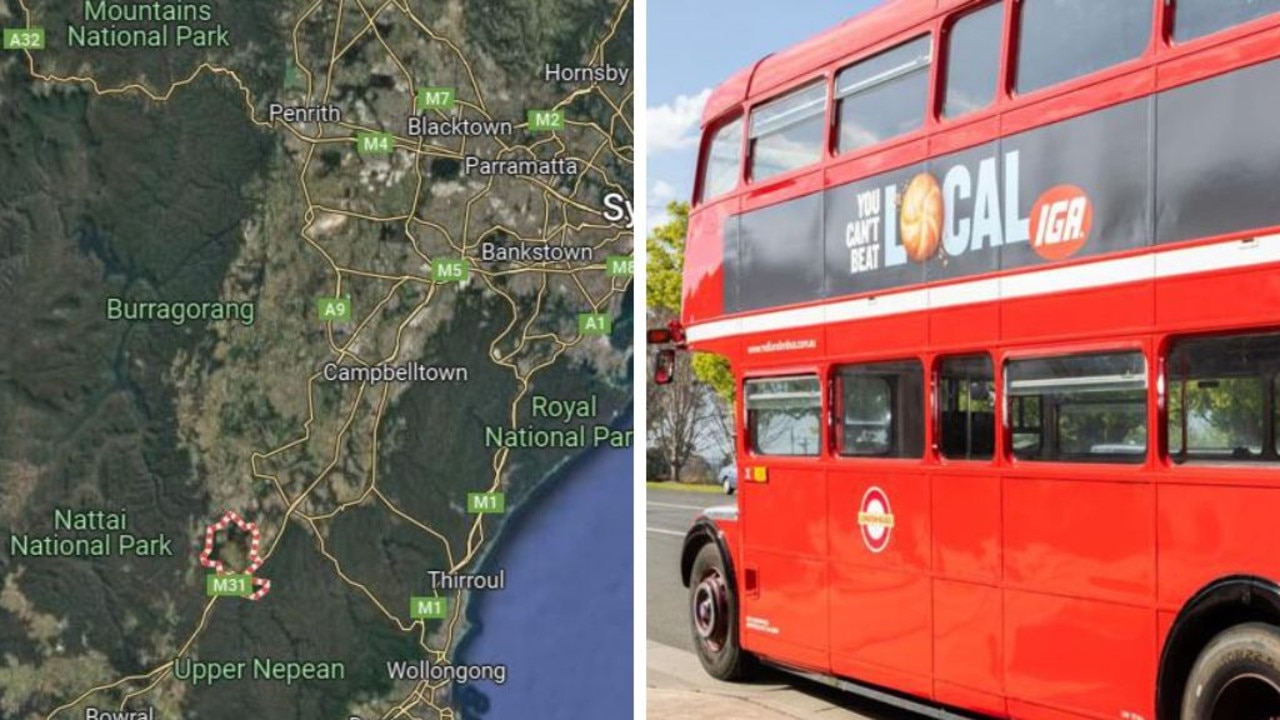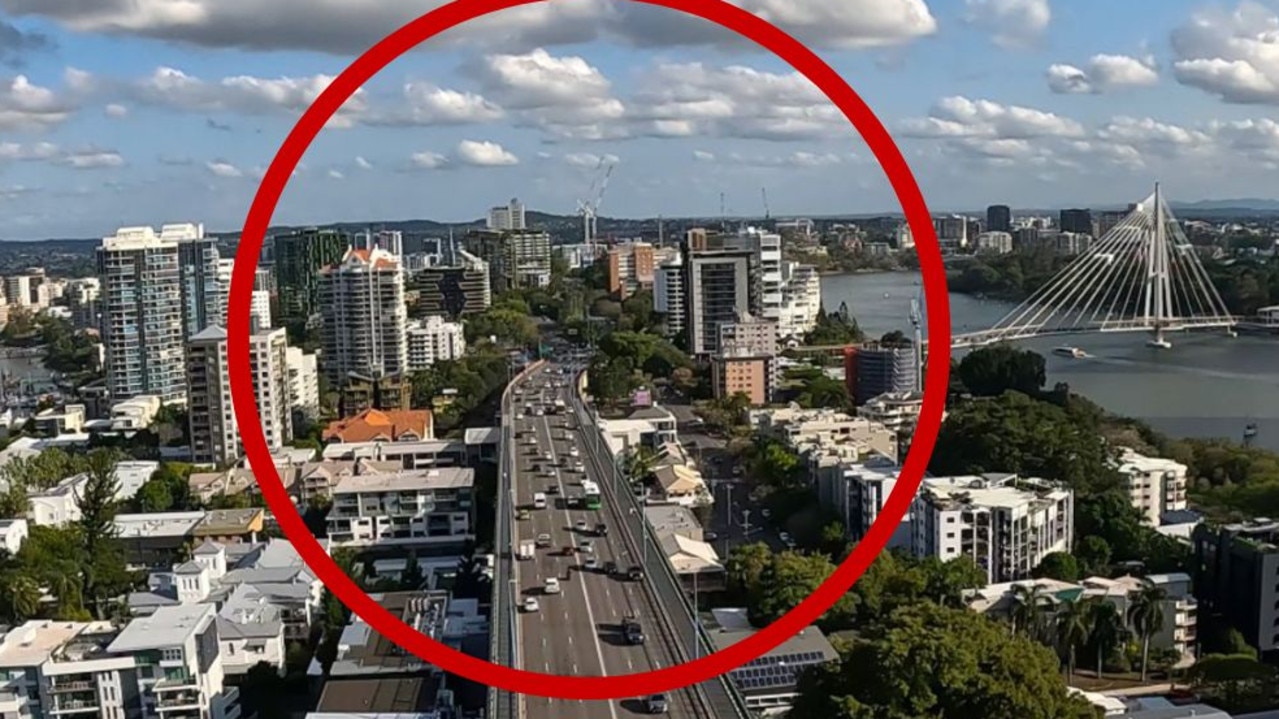Border restrictions: Where you can travel during school holidays
Travel restrictions have started to ease across the country, but Melbourne's virus outbreak has created a setback as we start moving for the winter school holidays.
For the first time in months, the idea of interstate travel feels closer than ever for some parts of the country.
Since late March, when some states and territories shut their borders in a desperate bid to slow the spread of COVID-19 across the country, travel has come to a virtual standstill.
RELATED: Australia’s international borders to remain closed until states reopen
But as restrictions start to ease across Australia and COVID-19 numbers remaining low in most parts of the country, states and territories have started pointing to reopening dates for domestic travel to resume once more.
So, when will each state and territory reopen?
QUEENSLAND
Throughout the pandemic, all eyes have been on when our Sunshine State will reopen for interstate tourism. In response to the COVID-19 pandemic, entry into Queensland was prohibited and allowed only for persons eligible for an exemption.
Queensland announced in early July that borders will reopen on July 10 to visitors from all states and territories, except for Victorians, due to Victoria's ongoing spike in virus cases.
RELATED: News $99 flight that’s better than a flight to Bali
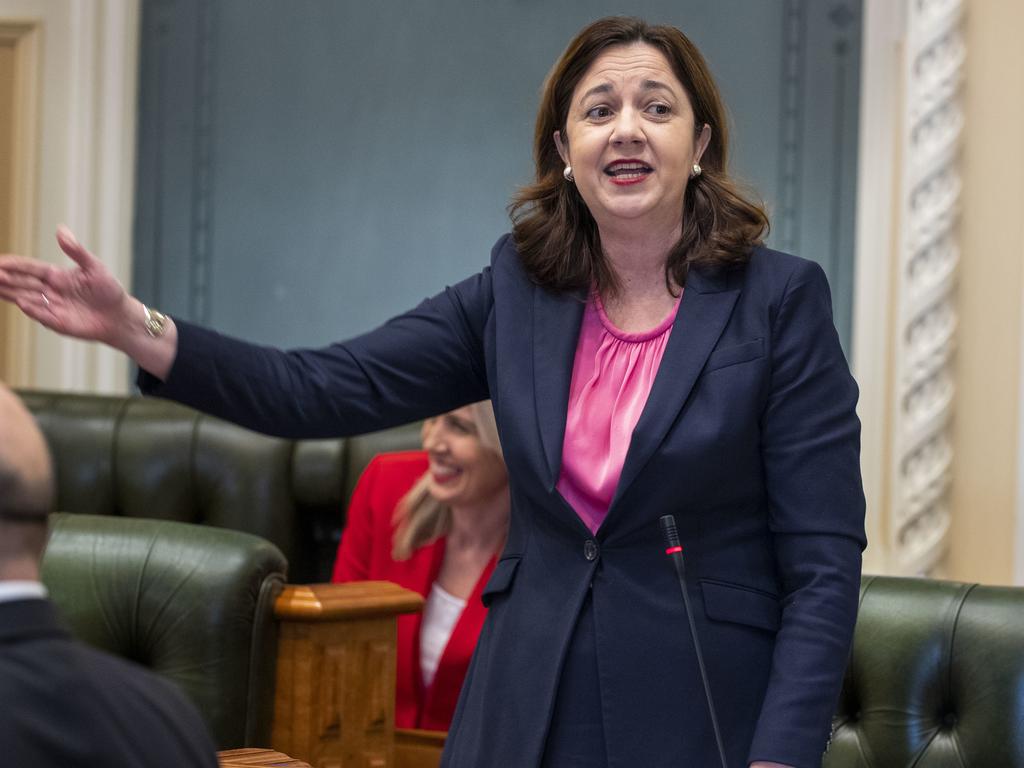
Under Queensland's new rules, arrivals need to fill in an online declaration that states they have not been in Victoria for the past fortnight. If they have come from Victoria or travelled there recently, they will have to quarantine for 14 days at their own expense. This rule also applies to Queenslanders.
Queensland Premier Annastacia Palaszczuk warned she would review that decision if other states and territories experience further outbreaks of community transmissions.
But for now, Australians can finally return to Queensland from July 10- as long as they're not from Victoria.
RELATED: Stunning Top End island that rivals Bali
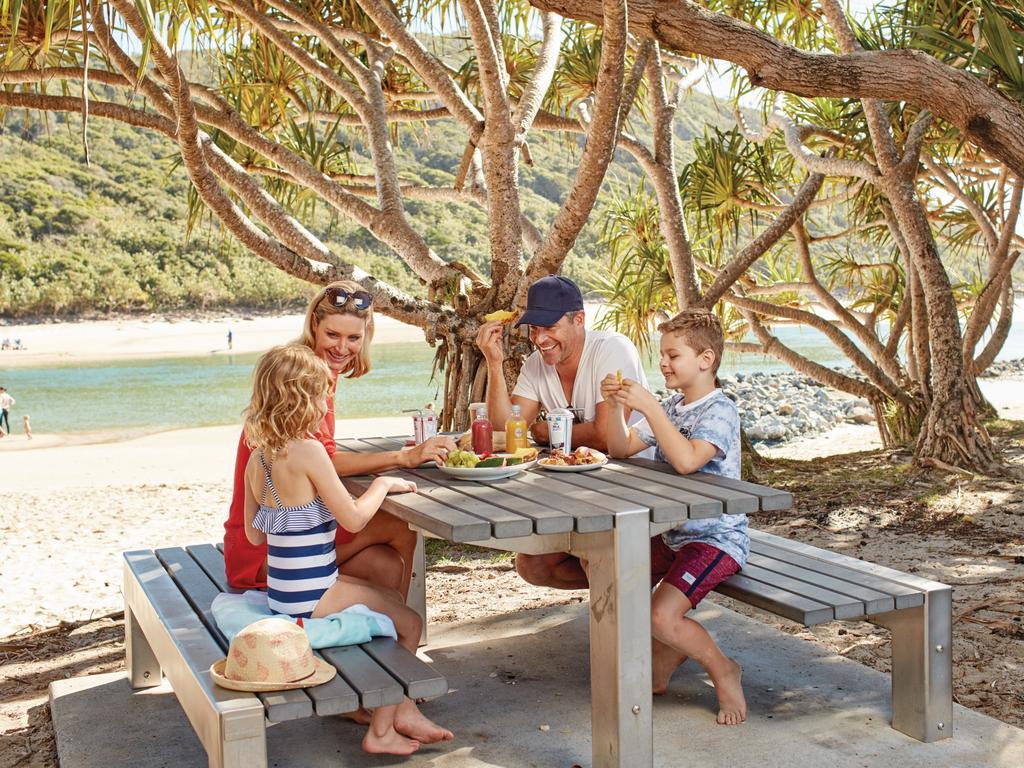
For those who call Queensland home, from June 12 intrastate travel is being encouraged by the State Government, with overnight recreational travel allowed. Camping and caravan holidays are also now allowed, along with hiking and other recreational activities in national and state parks. The only exception is visiting remote and biosecurity areas.
For those living in the outback, recreational travel within the area will be allowed.
NSW
Come one, come all. Well, almost. Throughout the pandemic, NSW has kept their interstate borders open for domestic travel. At the height of the pandemic, all regional travel was advised against – however that restriction has now been lifted.
From June 1, Premier Gladys Berejiklian encouraged NSW residents to get out and about and into regional corners of the state to help build back tourism. But the state was forced to shut up shop to Victorians from 11.59pm on Tuesday 7 July 2020 because of the state's growing COVID-19 case count.
From Wednesday 8 July, 2020, police will issue fines of $1000 to people from Victoria who attempt to enter NSW without a special permit.
For other states and territories who are free to visit NSW, a number of caravan parks and camping grounds reopened from 1 June 2020, travellers should still call ahead and confirm bookings.
As for ski fields, many will be open this winter from 22 June, however strict social distancing measures will be in place meaning a holiday at the slopes will be very different this year. If you are travelling to NSW from around Australia, you don’t have to self-isolate.
ACT
There are no domestic travel restrictions in place for the ACT with travel permitted. If you are travelling to the ACT from around Australia, you don’t have to self-isolate.
However, there are new guidelines for travellers from known hot spots from Victoria. The ACT says: "Anyone coming to the ACT from a known hot spot area, including Melbourne postcodes which will go into lockdown from 11.59pm on July 1 until July 29, 2020, should also not attend high-risk settings, such as aged care facilities and hospitals, for a period of 14 days after leaving the hot spot."
VICTORIA
Victoria, along with NSW, decided to keep state borders open to interstate visitors despite neighbouring states and territories opting to lock down completely. But the recent surge in community transmissions in Melbourne are a big cause for concern, and Victoria is in the unique position of having to re-introduce lockdown measures in some parts of the state.
Residents in Victoria are being urged not to travel, with people in hot spot postcodes given just four reasons to leave their homes, and travel is not one of them. Visitors are advised to avoid those parts of Melbourne.
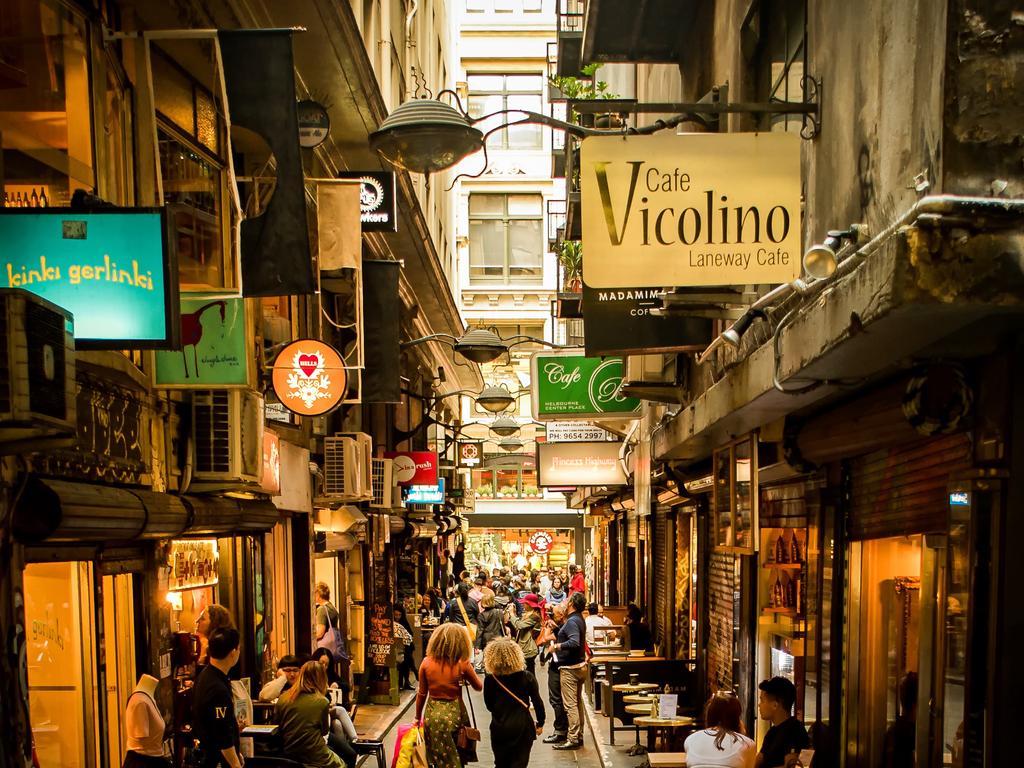
Outside of those hot spots, people can stay in tourist accommodation in Victoria, including caravan parks and camping grounds with shared communal facilities (e.g. kitchens and bathrooms).
As in NSW, the ski season is upon us. So the Alps – namely Mount Hotham and Falls Creek will be opening to skiers and board riders on June 24, while Mount Buller will start on June 26. Be warned, the number of visitors allowed on the slopes this year will be much smaller – meaning pre-purchased lift passes will be mandatory for entry.
TASMANIA
While there are no limitation on where you can travel around the state (providing you’re a resident), Tasmania’s borders remain closed. This means anyone who receives special exemption to visit will be required to go into 14 day’s quarantine.
The restrictions will stay in place until July 24 at least.
Tassie locals are being encouraged to explore their own state, with most national parks and campsites now open.
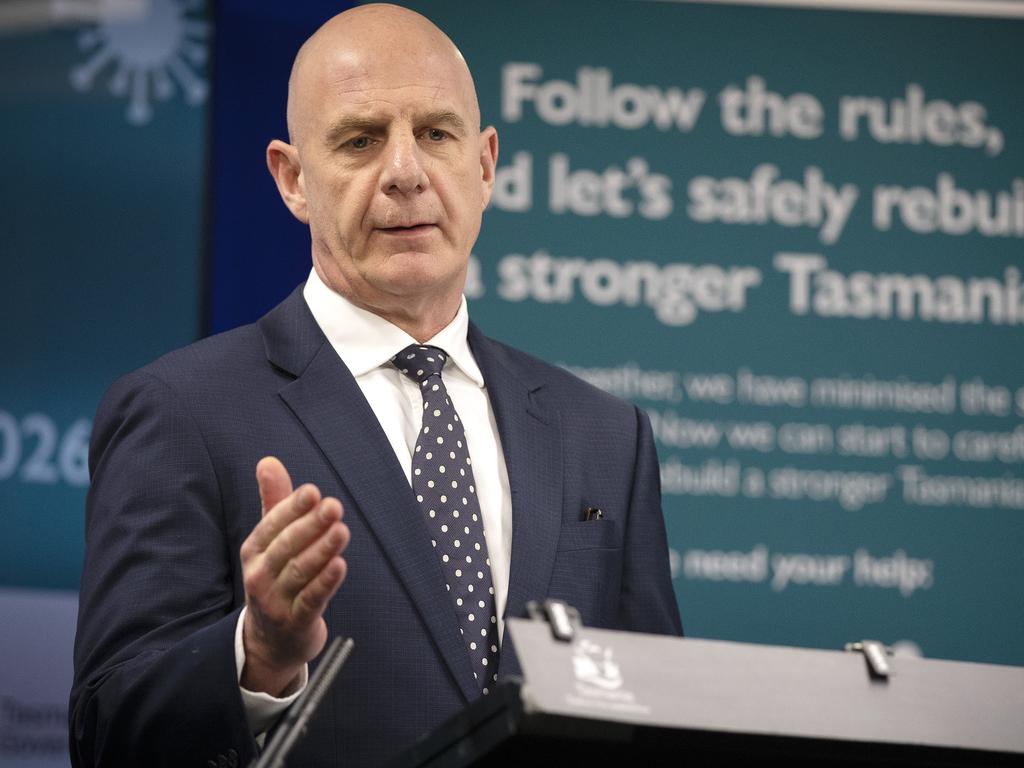
SOUTH AUSTRALIA
Having battled through devastating bushfires earlier this year, South Australian Premier Steven Marshall was keen to reopen state borders entirely from July 20 - however he has now scrapped that decision, due to the ongoing outbreak in Victoria.
Currently, visitors travelling directly to South Australia from Queensland, the Northern Territory, Western Australia and Tasmania can do so freely, as long as they have been in those states for 14 days before entering SA. That means they can enter without having to go into quarantine.
The state is yet to confirm when it will reopen borders to visitors from the ACT and NSW, which may happen before people from Victoria can return.
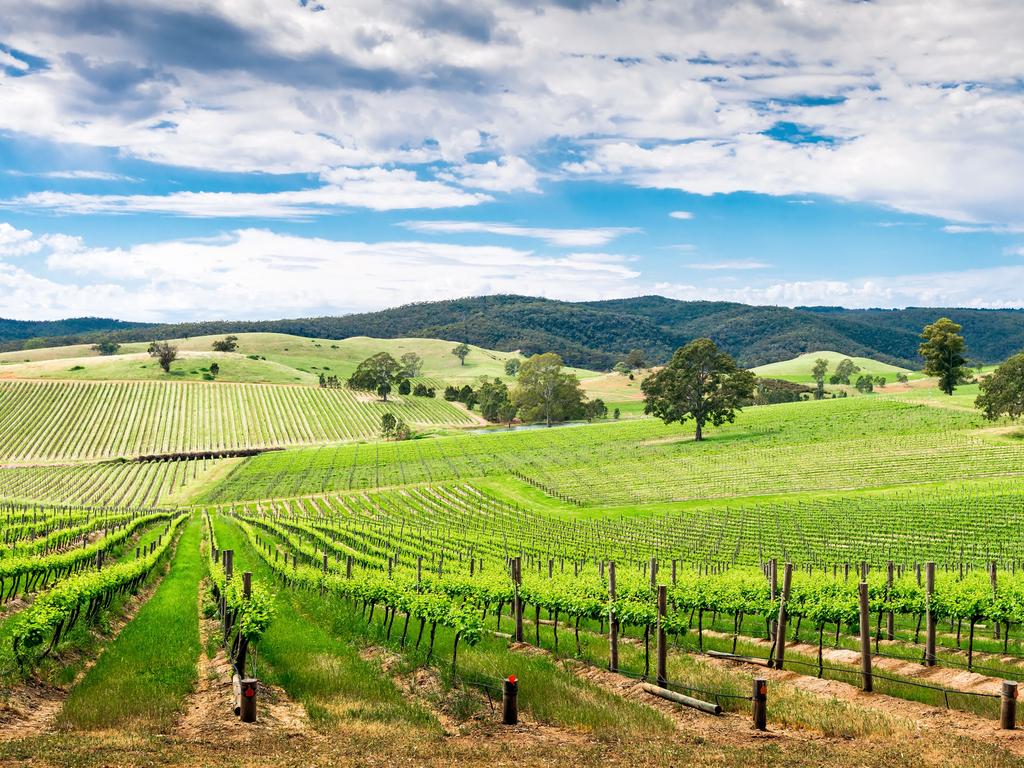
Until that happens, anyone from Victoria, NSW and the ACT will have to sign a health declaration at the border and undertake 14 days of self-isolation at a nominated address.
For locals, while regional tourism to places like the Adelaide Hills and Kangaroo Island is being encouraged – residents will need to abide by restrictions in some indigenous communities, including the APY lands, Nepabunna in the Flinders region and Point Pearce on Yorke Peninsula.
WESTERN AUSTRALIA
Unfortunately no one is allowed to enter Western Australia, with Premier Mark McGowan standing firm on the reopening of his state’s borders and yet to provide a date on when they’ll reopen.
However, from June 17 residents are able to travel freely to neighbouring South Australia for recreational travel without having to do 14 days’ isolation.
Residents of Western Australia are allowed to travel around the state, however there are strict bans in place for certain remote indigenous communities and regions – including parts of the Kimberley. The beautiful Rottnest Island is now open again for visitors, with camping grounds and caravan parks also open for business.
NORTHERN TERRITORY
Territorians face no travel restrictions, and will now be able to travel south to places like Adelaide, the Barossa Valley or Kangaroo Island from June 17.
Across the state, travel is allowed but if you’re coming into the Top End from another state or territory, unless you have been granted an exemption, you will need to complete 14 days of mandatory self-quarantine.
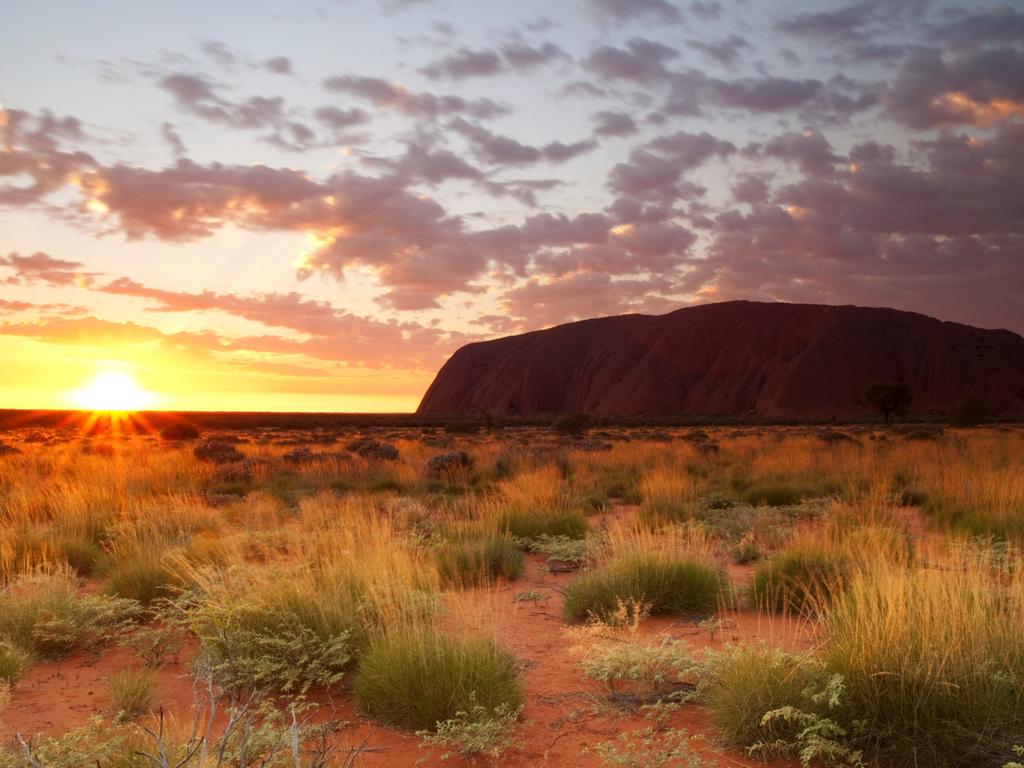
Regional travel is allowed for residents, however some national parks, including Uluru-Kata Tjuta and Kakadu National Park, have been reopening in stages. It is understood while the sacred site will reopen again for walking tracks and sunrise and sunset viewing areas, the cultural centre will remain closed and there will be no guided tours or group activities.


